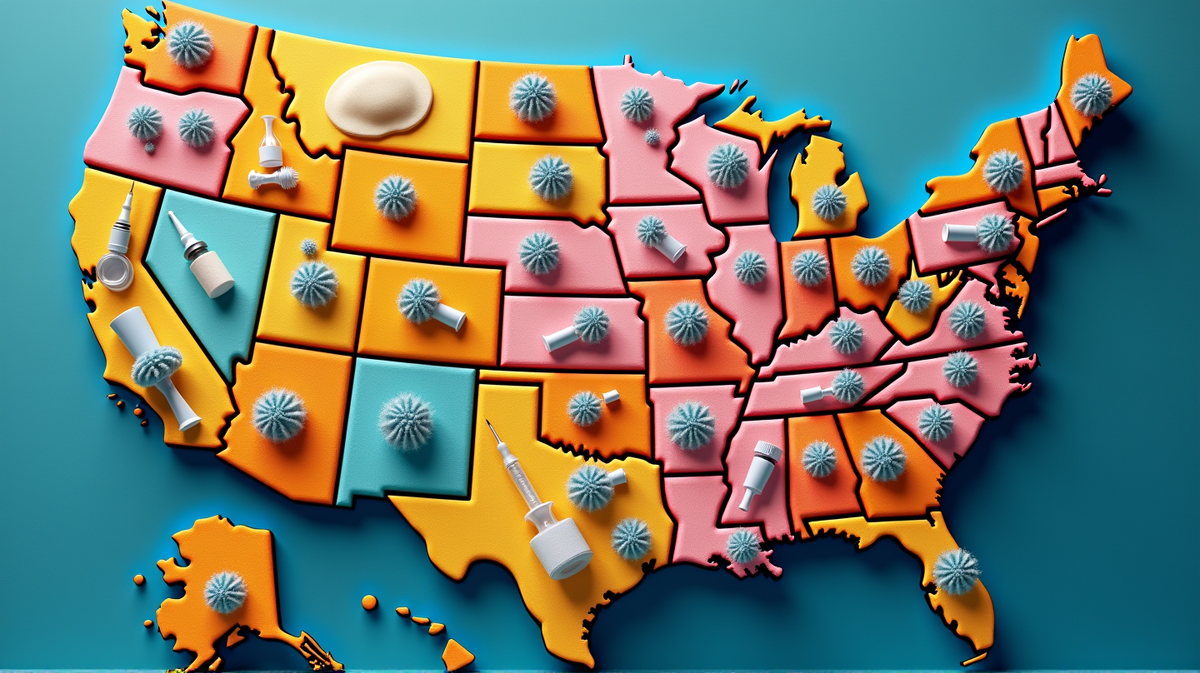States Unite to Mend Healthcare: A New Era of Self-Reliance
Amid federal healthcare disarray, states are collaborating to ensure robust health guidance and vaccine accessibility.

As the federal healthcare framework faces significant upheaval, individual states across the US are stepping up to safeguard public health with an increased sense of independence and collaboration. A recent initiative, the Northeast Public Health Collaborative, underscores the importance of robust and locally-informed health guidance.
A Regional Approach to Unity
Seven states and New York City have formed a powerful coalition to address the fluctuating federal health recommendations. This alliance is set to mitigate the effects of changing vaccine recommendations and related healthcare policies. “Diseases don’t see state lines,” emphasizes the pressing need for localized attention to public health.
Proactive Steps Amidst Uncertainty
In light of increasing complexities and delays in federal vaccine recommendations, many states are reshaping their policies to ensure accessible healthcare. Modifications range from allowing pharmacists more autonomy to ensuring insurance coverage for essential vaccines.
Collaboration Over Competition
The Northeast and West Coast health alliances exemplify how regional cooperation can offer a lifeline amidst an evolving health policy landscape. Sharing resources and decisions about vaccine procurement and distribution is a testament to the strength and necessity of collaboration.
Healthcare Disparities: An Ongoing Challenge
While these efforts highlight innovation, a disparity in vaccine accessibility remains stark. Low-income individuals face greater challenges in navigating the healthcare system, highlighting a crucial area for ongoing focus, with states urged to lessen these barriers.
Public Sentiment: Vaccination Still Holds Ground
Despite political polarization, a majority of Americans remain in favor of vaccinations. The public’s willingness to embrace health interventions showcases a resilience and pragmatism that states can tap into as policies shift.
Conclusion: Building Trust and Access
This move towards state-driven health policy is not just an act of defiance but a necessary strategy to reclaim control over healthcare amidst uncertainty. States remain vigilant, aware that health decisions anywhere can ripple across the nation, affecting everyone.
According to The Guardian, it’s a pivotal moment for states, emphasizing the need to build trust and ensure equitable access to vaccines and healthcare recommendations. As America navigates these changes, the collaboration and innovation at the state level mark a significant transformation in public health governance.





